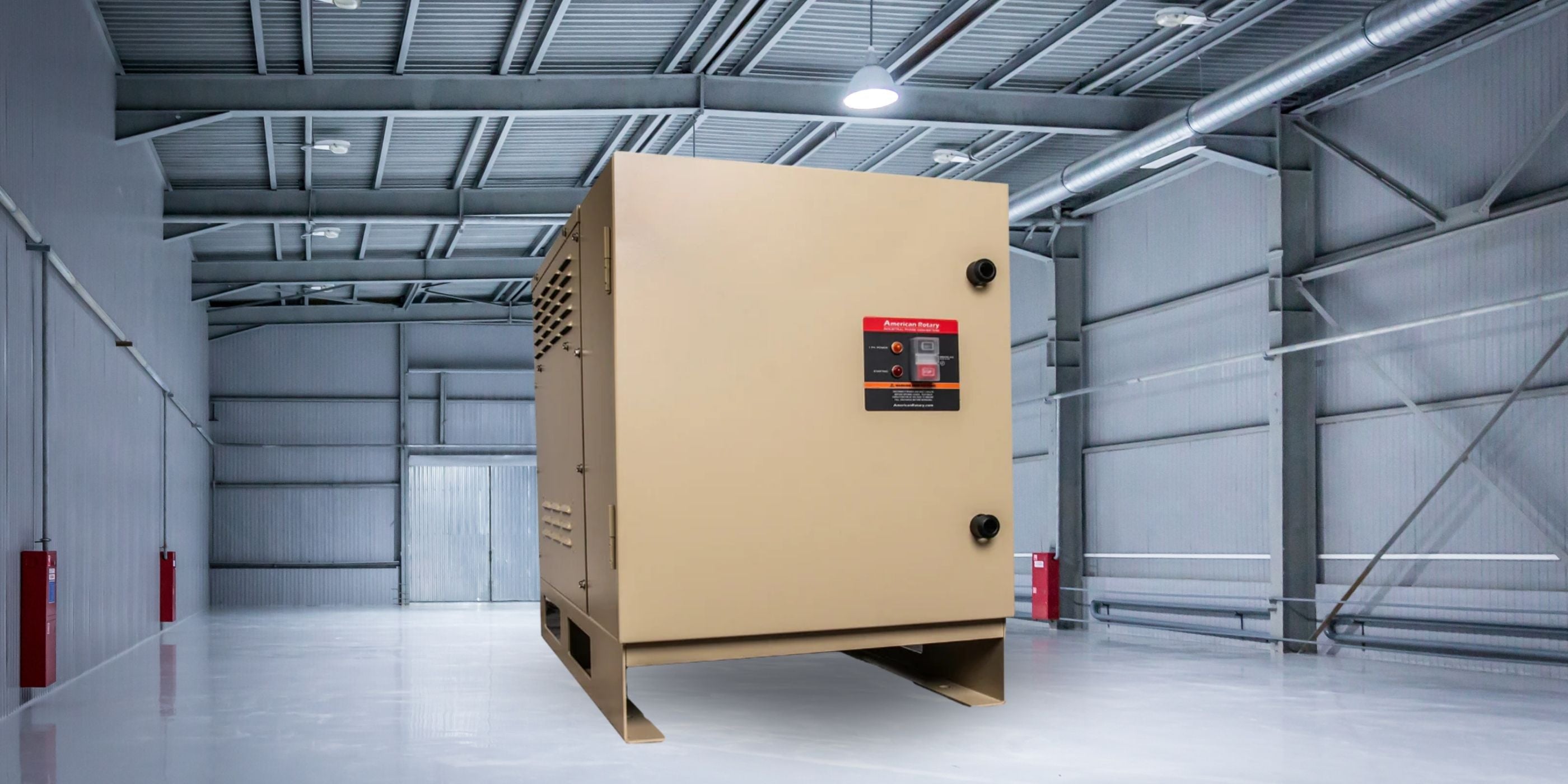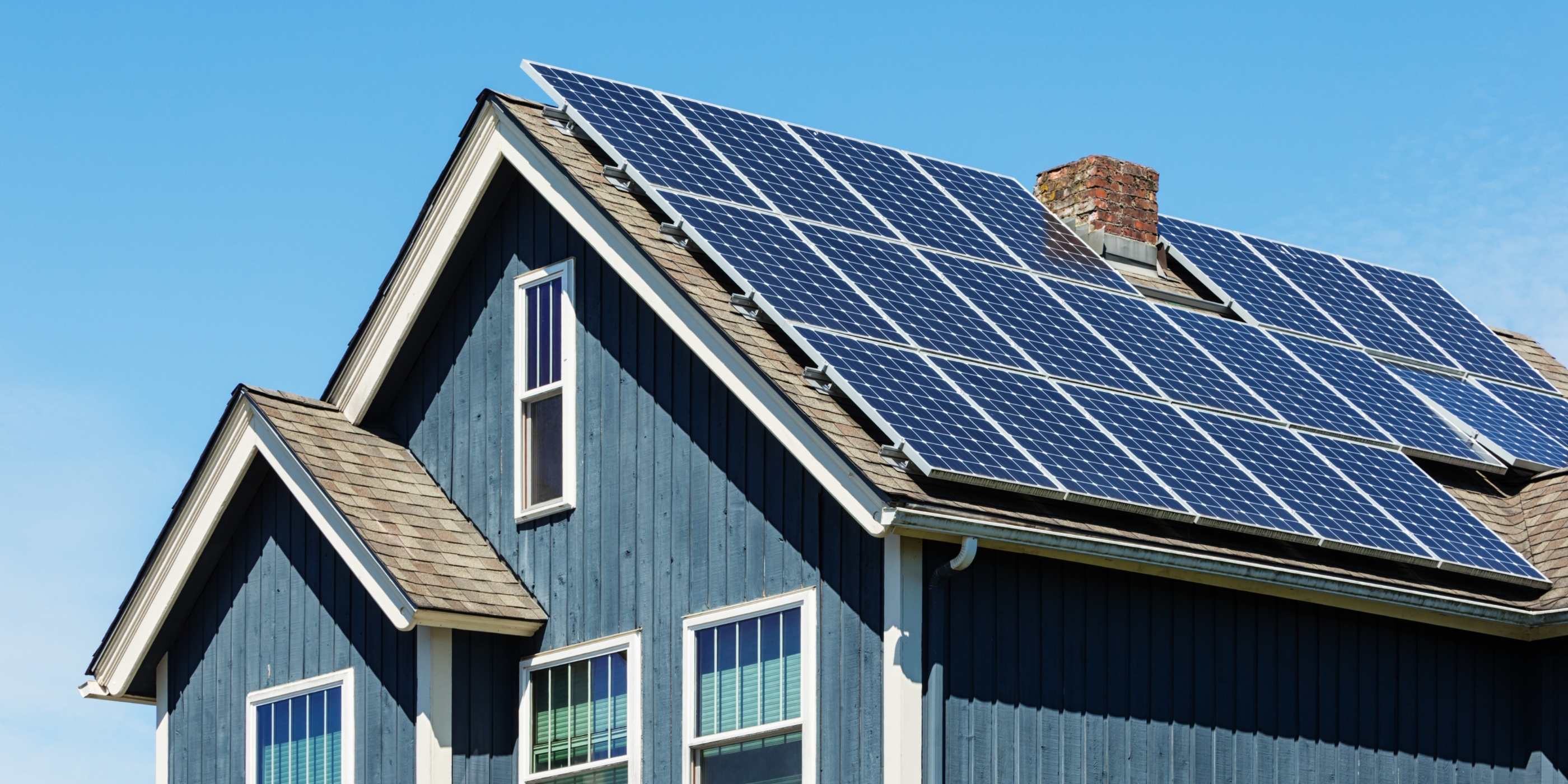If you’ve ever tried to run a three-phase machine in a shop, barn, or rural property and been stuck with only single-phase power, you know the frustration.
That’s exactly where Toews Power steps in, helping Canadians bridge that gap so their equipment can run reliably.
At Toews Power, we’ve built a reputation on providing dependable electrical solutions, specializing in things like phase converters, motors, solar, generators, and more. (Check out our Phase Converters Shop for our product lineup available in Canada.)
In this post, I want to walk you through everything you need to know about phase converters; what they are, why you’d need one, types, how to pick one, and how Toews Power can be your partner in this.
Let’s dive in.
What is a Phase Converter?
Think of a phase converter as an electricity transformer.
It takes the single-phase power you have and converts it into three-phase power, allowing your heavy machinery to perform its job effectively.
Here’s a simpler analogy: imagine your power supply is a single-lane bridge (single-phase), but your machines need a three-lane highway (three-phase).
The phase converter is the infrastructure that expands the bridge, allowing traffic (power) to flow in the way your machines need it.
In technical terms:
-
You feed the converter with single-phase voltage.
-
The converter artificially creates the missing phase(s).
-
The output is three-phase power that your motor or equipment can use.
So your machine thinks it’s connected to “real” three-phase, even though your utility only gives you single-phase.
If you're grappling with the complexities of powering three-phase machinery on single-phase supply, check this converter tip. It offers a clear and practical solution.
Why You Might Need a Phase Converter
There are tons of real-world reasons Canadians turn to phase converters.
Here are some common scenarios:
-
You’ve got three-phase motors (for lathes, pumps, compressors, CNCs, etc.), but your location only has single-phase service.
-
You run a workshop, small factory, or farm, and installing a utility three-phase service would be prohibitively expensive or impractical.
-
You want a cost-effective alternative to trenching, upgrading infrastructure, or paying for a new three-phase feed.
-
You want flexibility and independence, running multiple machines without depending on utility upgrades.
A phase converter gives you convenience, savings, and flexibility, letting you operate the gear you already own without tearing up your property or paying huge utility fees.
Types of Phase Converters
Not all converters are created equal.
Depending on your equipment and use case, one type will suit you better than another.
Below are the three main kinds you’ll run across.
Static Phase Converters
What they do: Give the motor a boost at startup, then let it run on single-phase power (with some imbalance in the phases).
Best for: Light-duty machinery, occasional use, or simple tools.
Pros:
-
Inexpensive
-
Simple to install
Considerations:
-
Best suited for intermittent rather than continuous operation.
-
Designed to deliver reliable performance, though efficiency and horsepower may slightly decrease under extended use.
Rotary Phase Converters
What they do: Use an idler motor (“generator”) to generate a third phase, producing continuous, balanced three-phase power.
Best for: Shops, farms, or setups with multiple machines or heavier loads.
Pros:
-
Smooth, balanced output
-
Can run multiple motors or large machinery
Considerations:
-
Built with a larger, more powerful design that may produce a bit more sound.
-
Higher initial investment, but balanced by long-term durability and performance.
Buy Rotary Phase Converters now!
 Digital Phase Converters
Digital Phase Converters
What they do: Use electronic circuitry and microprocessors to generate a perfect three-phase output with tight voltage control.
Best for: CNC tools, sensitive electronics, or any equipment where voltage fluctuations would cause problems.
Pros:
-
Very clean, stable power
-
High efficiency
-
Low electrical noise
Considerations:
-
Higher upfront cost, but often pays off through greater efficiency and longevity.
Phase Converters Comparison Table
| Type | Ideal For | Advantages | Limitations |
|---|---|---|---|
| Static | Light tools, occasional use | Affordable, simple | Best suited for light to moderate or occasional use rather than heavy, continuous loads. |
| Rotary | Shops, multiple machines, heavy loads | Balanced output, reliable | Larger build and higher initial cost reflect its solid performance and dependable design. |
| Digital | CNC, sensitive electronics | Clean, stable, efficient | While the upfront investment is higher, it can offer lasting value over time. |
Choosing the Right Phase Converter for Your Application
Okay, now the fun part, picking the one that fits you.
Here’s what to keep in mind.
Know Your Equipment
Ask: what’s the biggest motor (in HP or kW) you're going to run? Are there multiple machines? Are any very sensitive (like CNC)?
-
If you’ve got small, occasional machines, static might suffice.
-
For heavier or multiple machines: lean rotary.
-
For CNC or electronics: go digital or digital rotary.
Inquire at Toews Power, and their phase experts can help you decide.
Load Size & Buffer
Always size your converter for the largest motor’s startup demands. Add a margin (10–20%) if you’ll run more than one machine at a time or expect growth.
Frequency of Use
If your machines will be running all day, every day, durability and stable output are critical.
Look for rotary phase converters for sale and digital units that hold up better under heavy use.
Voltage & Specs
Check your system’s voltage (e.g. 220 V, 240 V, 400 V, 480 V, 600 V).
Toews Power offers a range of transformers designed for different voltages and configurations.
You can explore the Phase Converters product section to see what options they stock.
Real-World Example
Let’s say you run a woodworking shop with a planer, table saw, and dust collector (all three-phase machines). Upgrading utility service is expensive.
A rotary converter from Toews Power would be your best bet; it can handle multiple machines, deliver good performance, and avoid the high cost of utility upgrades.
Running a CNC router or laser engraver? That’s where a digital converter really shines, protecting your precision equipment from voltage variances.
If you’re unsure, contact Toews Power’s in-house experts can help size and configure the right converter for you (just contact them through their site).
Why Toews Power Phase Converters Is the Smart Choice
Beyond just the hardware, here’s what makes Toews Power stand out:
-
Decades of experience: They’ve been Canadian-owned and operated since 1975.
-
Full suite of electrical solutions: They don’t just do converters; they provide electrical contracting, generators, solar, motor services, transformers, and more.
-
Custom configurations & support: If your project is unique, they can tailor the solution.
-
Warranty & quality: They back their products and installations.
-
Local expertise: They understand rural and industrial setups like few others.
Ready to take the next step?
Don’t let power limitations hold you back. Toews Power has a converter solution to give your machines the three-phase electricity they deserve.





